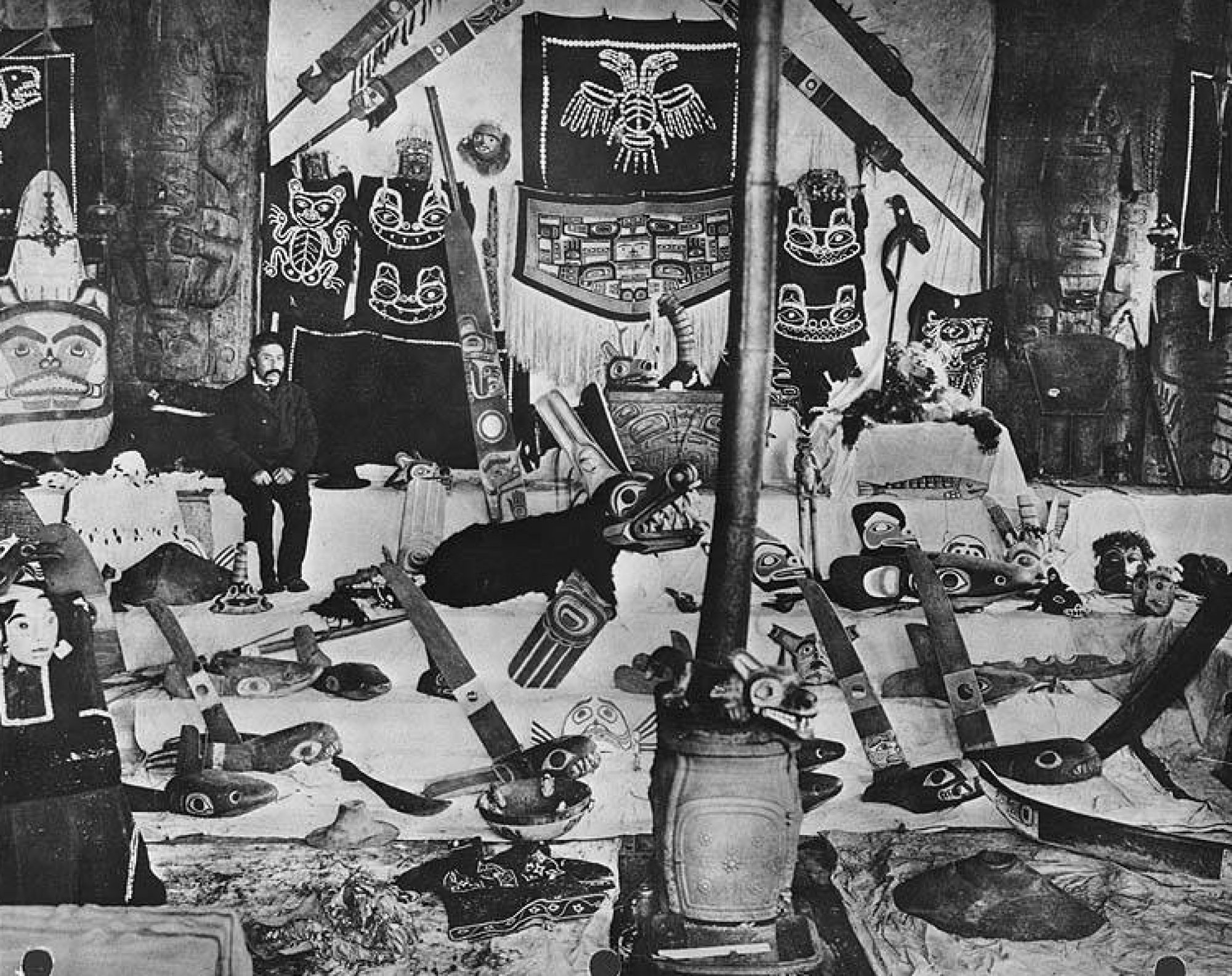Biographical Timeline | Leadership Qualities | Fishing Rights in Alaska | References
Passionate
Billy Frank Jr. devoted all his energy into a career of protecting fishing rights of the Nisqually tribe because he was passionate about preserving the traditions of his people. He chaired the Northwest Indian Fisheries Commission (NWIFC) for the majority of the final 30 years of his life. NWIFC, formed to aid the tribes in fisheries management responsibilities, served 20 Western Washington treaty tribes with a central office in Olympia and satellite offices in Mt. Vernon and Forks, Washington. Its staff included fishery and shellfish biologists, biometricians, habitat analysts and managers, fishery geneticists, and much more. It covered all of Puget Sound as well as coastal locations.
Billy Frank Jr. was involved in the Nisqually Tribe’s work to restore the Nisqually River Delta. Because the federal government is responsible for managing the Nisqually National Wildlife Refuge, the tribe had to work in conjunction with the federal government to remove the dike system that held back seawater. With the help of Billy Frank Jr.’s passionate leadership, the tribe successfully restored 140 acres of its own land. This 140 acres combined with more than 700 acres of land in the federal wildlife refuge, from which dikes were removed in 2009. Because of the dike removal, the wildlife refuge became a prime habitat for endangered salmon.
Bill Frank was often the voice of the commission to the public. Newspapers quoted him repeatedly in articles on fisheries issues in the Northwest. He wrote editorials about treaty shellfish rights, water rights, and a myriad other issues. He served on the leadership council of the Puget Sound Partnership from its inception in 2005. He spared no effort to his decades-long fight for justice and environmental preservation, proving him to be a very passionate leader.
Resilient
No matter how hard it is to preserve the fishing rights of his tribe, Billy Frank never gave up. He was arrested in December 1945, when he was just 14. He had set a net on the Nisqually

River the night before his arrest to snare fish from the late chum run headed for the Muck Creek freshet. This location burst forth with fish around December every year. He hid his canoe under a fallen maple and arose early the next morning, while it was still dark, to claim and clean his catch. But while doing so, there came a shout, “You’re under arrest!” This arrest for “illegal” fishing on his beloved Nisqually River, spurred Bill Frank to become a leader of a civil disobedience movement that insisted on treaty rights. He was fighting for the right to fish in “usual and accustomed places” which was guaranteed to Washington tribes more than a century before. More than 50 arrests would follow over the years, for Billy Frank and for many other tribe members. However, Billy Frank Jr. continued to fish, and he continued to get arrested.
Billy’s life is turbulent, but Billy is not. He was resilient to all the arrests because he believed it was of the utmost importance to preserve the traditions of his people. He had been taught as a member of the Nisqually tribe that his people had fished for millenniums in the waters that flow from the foot of Mount Rainier into Puget Sound in Washington. He was determined to protect his rights and never wavered.
Inspiring
Bill Frank is an incredible, influential and inspirational leader by his courage, kindness, and dedication. He supported hundreds of Indians’ families and their traditions. One man shared his memories of the life and work of Billy Frank, “he didn’t mince words, they came from the heart and he said it like it was. His spirit will live on in memories and the heart.” Another person wrote that, “his lifetime of work demonstrates to that we are no longer faced with a question of whether or not to take on the fight. Rather, how do we continue the fight? How do we continue to move forward to advance treaty rights, to protect our resources, our culture, our way of life and ultimately our people?”

Bill Frank once said that “I don’t believe in magic. I believe in the sun and the stars, the water, the tides, the floods, the owls, the hawks flying, the river running, the wind talking. They’re measurements. They tell us how healthy things are. How healthy we are. Because we and they are the same. That’s what I believe in.” His heart and his presence had a way of attracting people young and old, from all walks of life and inspiring them to continue the fight of preserving their rights as indigenous people.
